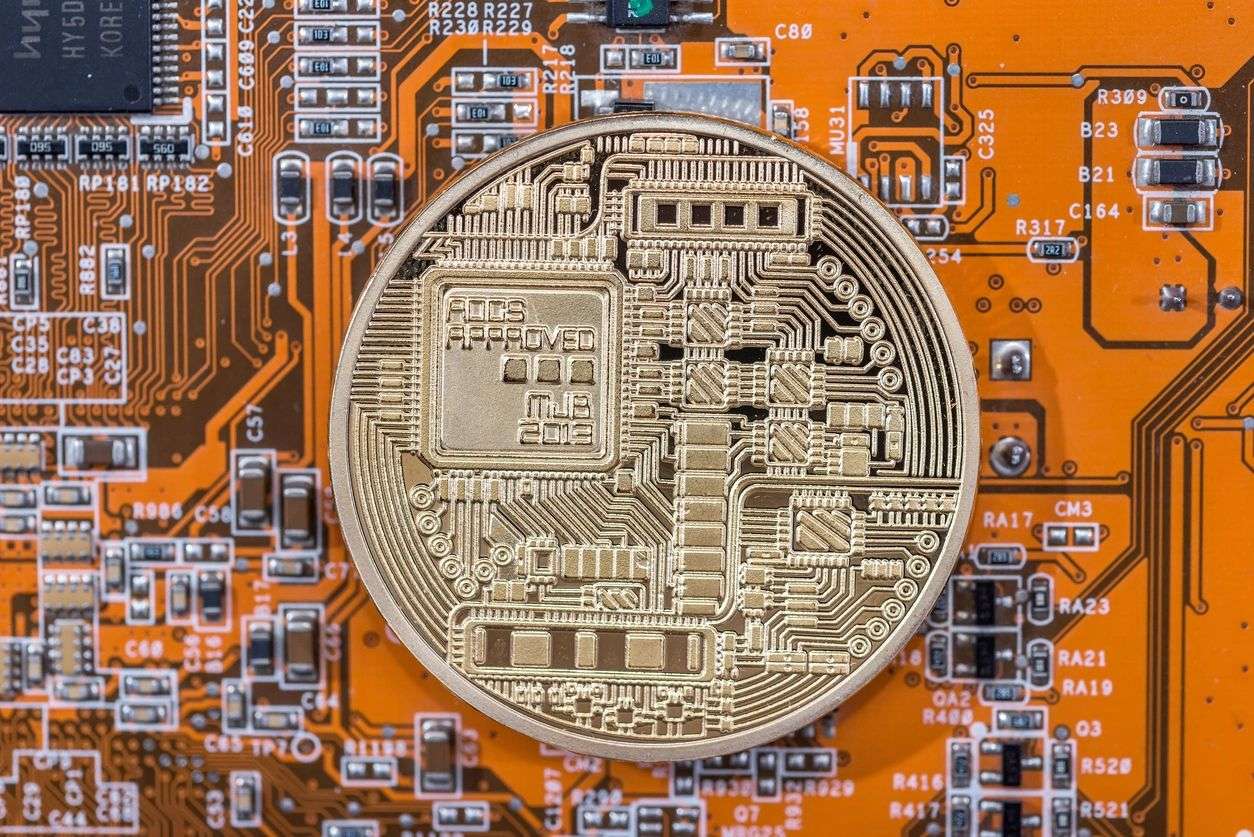Overview: Smart contracts and crypto-assets have garnered significant attention in Pakistan, presenting both opportunities and legal challenges. These digital innovations require a thorough understanding of the legal framework to ensure they align with existing laws and regulations.
Legal Framework: In Pakistan, smart contracts are generally viewed through the lens of traditional contract law. The Pakistan Contract Act of 1872 and the Specific Relief Act provide the basis for assessing smart contracts. According to legal experts, the requirements for a valid contract—offer, acceptance, consideration, and the intention to be legally bound—are applicable to smart contracts as well. This means that smart contracts must meet these criteria to be enforceable in Pakistan’s legal system.
Challenges:
- Regulatory Uncertainty: The lack of specific regulations for smart contracts and crypto-assets poses a significant challenge. While the Securities and Exchange Commission of Pakistan (SECP) has shown interest in regulating digital assets, comprehensive regulations are still in the development phase. The SECP’s approach includes allowing Initial Exchange Operators to conduct due diligence and permitting public offerings of security tokens.
- Property Classification: One of the crucial legal debates revolves around whether crypto-assets should be classified as property. This classification impacts how courts handle disputes involving these assets. Internationally, courts have started to recognize crypto-assets as property, which influences decisions on proprietary injunctions and asset recovery.
- Enforcement of Smart Contracts: Enforcing smart contracts can be complex due to their automated nature and reliance on code. Issues such as network failures, coding errors, and disputes over contract terms require specialized knowledge and possibly new legal precedents.
Recent Developments:
- Crypto Regulations: In November 2020, the SECP released a paper outlining potential regulatory approaches for cryptocurrencies. This included options for secondary trading on decentralized exchanges and integrating digital assets into the Pakistan Stock Exchange. The State Bank of Pakistan (SBP) has also softened its stance, indicating a move towards regulatory acceptance rather than outright prohibition.
- Judicial Perspectives: Recent cases in international jurisdictions, such as AA v Persons Unknown and Fetch.ai Ltd v Persons Unknown, have provided insights into how courts might handle crypto-related disputes. These cases illustrate the willingness of courts to adapt traditional legal principles to the digital context, recognizing crypto-assets as property and granting orders to freeze and trace assets.
- IMF and Global Considerations: The International Monetary Fund (IMF) has highlighted the macroeconomic and financial stability implications of widespread crypto adoption, especially in emerging markets. The IMF advocates for comprehensive regulatory responses to manage risks associated with crypto-assets, such as monetary policy circumvention and capital outflows.
Key Takeaways:
- The legal treatment of smart contracts in Pakistan aligns closely with traditional contract principles.
- Regulatory frameworks for crypto-assets are evolving, with the SECP and SBP playing crucial roles.
- Classification of crypto-assets as property is gaining traction, influencing legal remedies and asset recovery.
- Enforcement of smart contracts requires addressing technical and legal challenges, necessitating updates to existing laws and judicial practices.
The Securities and Exchange Commission of Pakistan (SECP) released a position paper in November 2020, outlining potential regulatory approaches for digital asset trading platforms. The paper discusses the regulation of cryptocurrencies, including options for secondary trading on decentralized exchanges and the integration of digital assets into the Pakistan Stock Exchange. The SECP collaborated with the Financial Action Task Force for guidance and seeks public feedback on the proposed regulatory framework.
SECP Position Paper on Digital Asset Trading Platforms
Overview: The Securities and Exchange Commission of Pakistan (SECP) published a position paper on November 6, 2020, detailing regulatory approaches for digital asset trading platforms. The paper focuses on non-government or non-central-bank-issued crypto assets and aims to provide a comprehensive regulatory framework to support financial innovation while ensuring market integrity and investor protection.
Key Insights:
- Definitions and Concepts:
- The paper discusses the lack of a global consensus on the definition of digital assets due to differing regulatory approaches worldwide.
- The Financial Action Task Force (FATF) defines virtual assets as digital representations of value that can be traded or used for payment or investment, excluding digital representations of fiat currencies and securities already covered by FATF Recommendations.
- Jurisdictional Analysis:
- The paper provides a comparative analysis of digital asset regulations in countries like Malaysia, Hong Kong, and the USA, highlighting the diverse regulatory approaches.
- Regulatory Approaches:
- The SECP proposes three primary regulatory approaches:
- Regulating and Restricting: Adapting new products to existing regulations or outright banning them.
- ‘Let-Things-Happen’ Approach: Inspired by the Commodity Futures Trading Commission’s (CFTC) ‘do-not-harm’ approach, emphasizing innovation without overregulation.
- Hybrid Approach: Combining elements of the first two approaches to balance innovation and risk.
- The SECP proposes three primary regulatory approaches:
- Digital Asset Types:
- The paper categorizes digital assets into utility tokens and security tokens, each with distinct characteristics and regulatory implications.
- Utility tokens are used for specific purposes within their respective platforms, while security tokens represent investment dimensions and are subject to stricter regulations.
- Primary and Secondary Markets:
- For primary markets, the SECP suggests registering Initial Exchange Operators (IEOs) to facilitate public offerings of security tokens.
- For secondary markets, options include allowing IEOs to operate as decentralized exchanges, registering separate Digital Assets Trading (DAT) operators, or integrating digital asset trading into the Pakistan Stock Exchange.
- Future Steps:
- The SECP intends to hold multiple discussion sessions to gather input from market participants and stakeholders.
- The aim is to develop a robust regulatory regime that supports technological innovation and financial inclusion while ensuring investor protection and market integrity.
Conclusion: The SECP’s position paper represents a forward-thinking approach to regulating digital assets in Pakistan. By considering global best practices and engaging with industry stakeholders, the SECP aims to create a balanced regulatory environment that fosters innovation and growth in the digital asset market.

